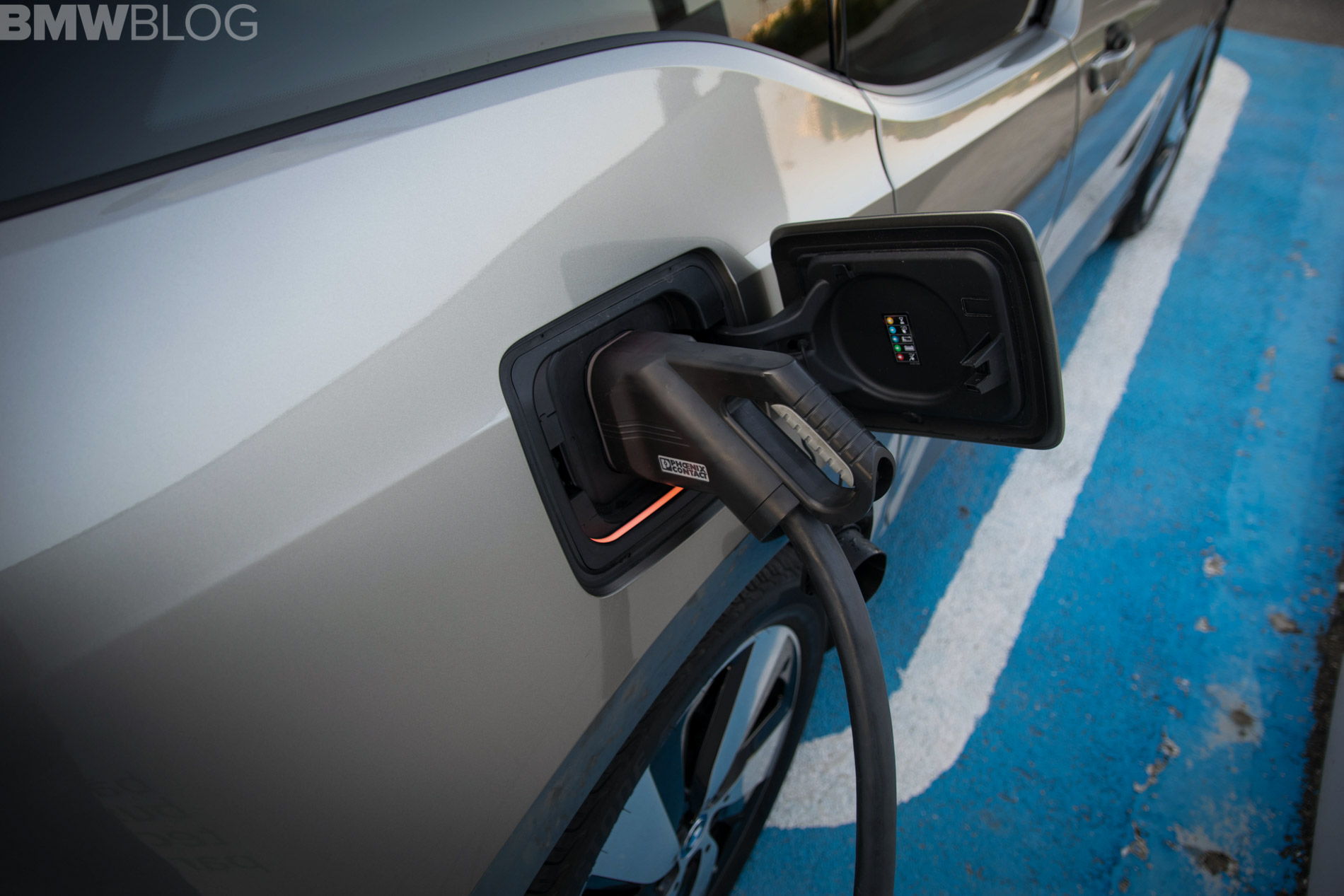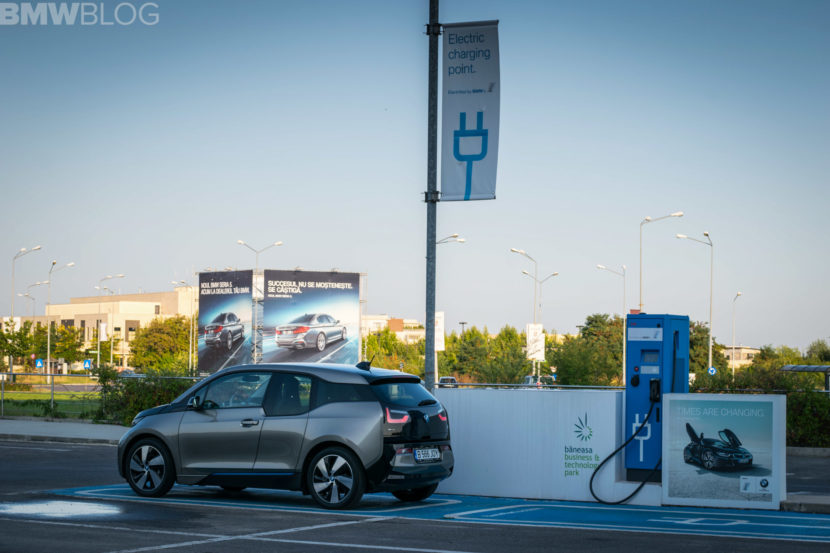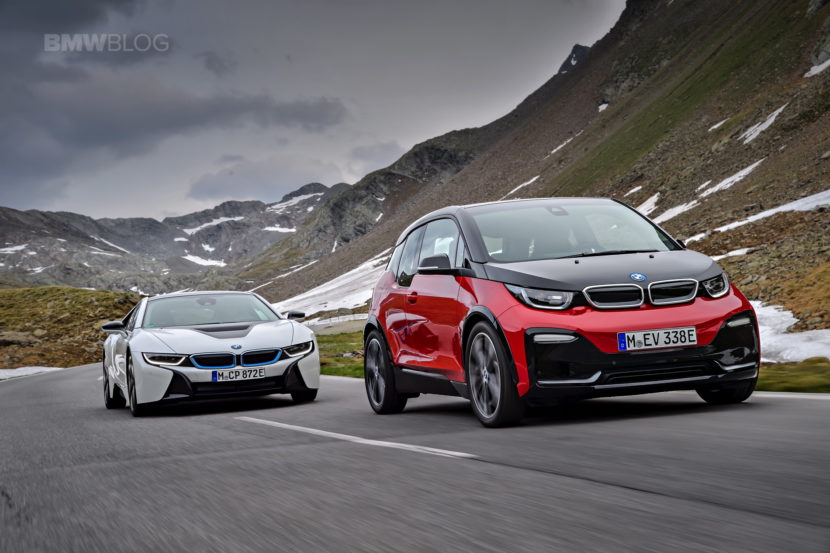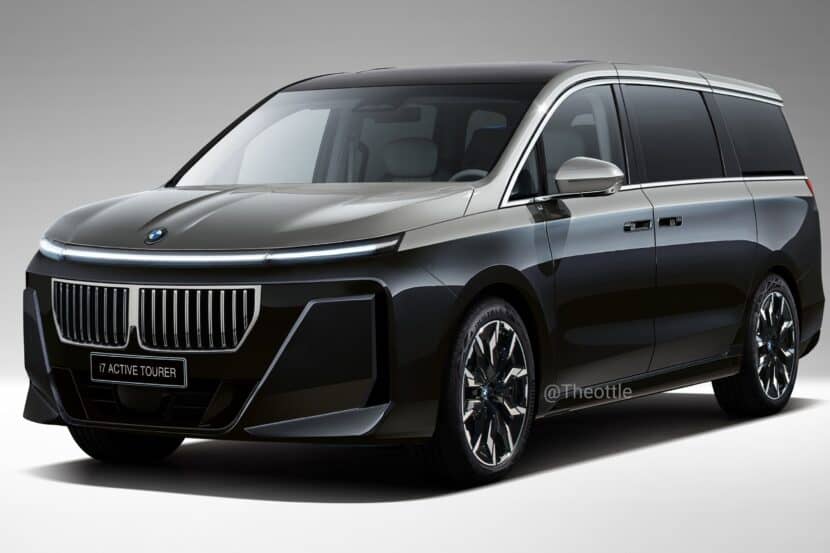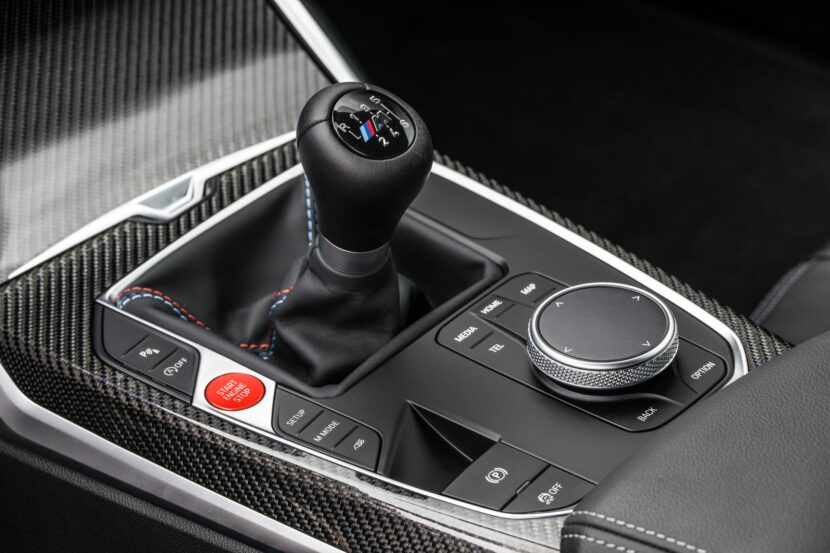Over the course of last months, BMW has reinforced its commitment for an electric future which will include 25 models by 2025. BMW’s partner in several ventures – Toyota – is also committed to produce several electric and plug-in hybrids in the next decade. The giant Japanese conglomerate is planning to sped a record 1 trillion yen (£6.7bn) on research and development this year and is slashing costs elsewhere to fund it.
But both companies are citing rising costs of developing these technologies.
“We not only need to develop these leading technologies but also need to commercialize them,” said Osamu Nagata, the company’s finance director in Tokyo. “To do that, we need to increase R&D expenses. This will be a cost burden so we need to speed up cost reduction.”
Harald Krüger, chairman of the management board, said: “We are investing substantially in tomorrow’s mobility, enabling us to maintain our leading position of innovation and sustainable employment.” He said that BMW anticipated change in the car sector a “decade ago, far ahead of our competitors” and developed a strategy that means it will deliver more than 100,000 electrified vehicles this year.
BMW is also investing €400m to expand its Munich R&D centre and plans to expand the Dingolfing centre in Bavaria, which produces electric drive trains for the company’s cars.
He added that he wants BMW to “remain a dependable partner for society, policymakers and the environment” – a reference to the scrutiny Germany’s car industry faces following VW’s “dieselgate” scandal.
BMW said currency movements held back its performance, with revenue flat at €23.4bn (£20.6bn) and profits slipping 1.8pc to €1.8bn in the third quarter, because of higher expenses and R&D investments.
[Source: Telegraph]


